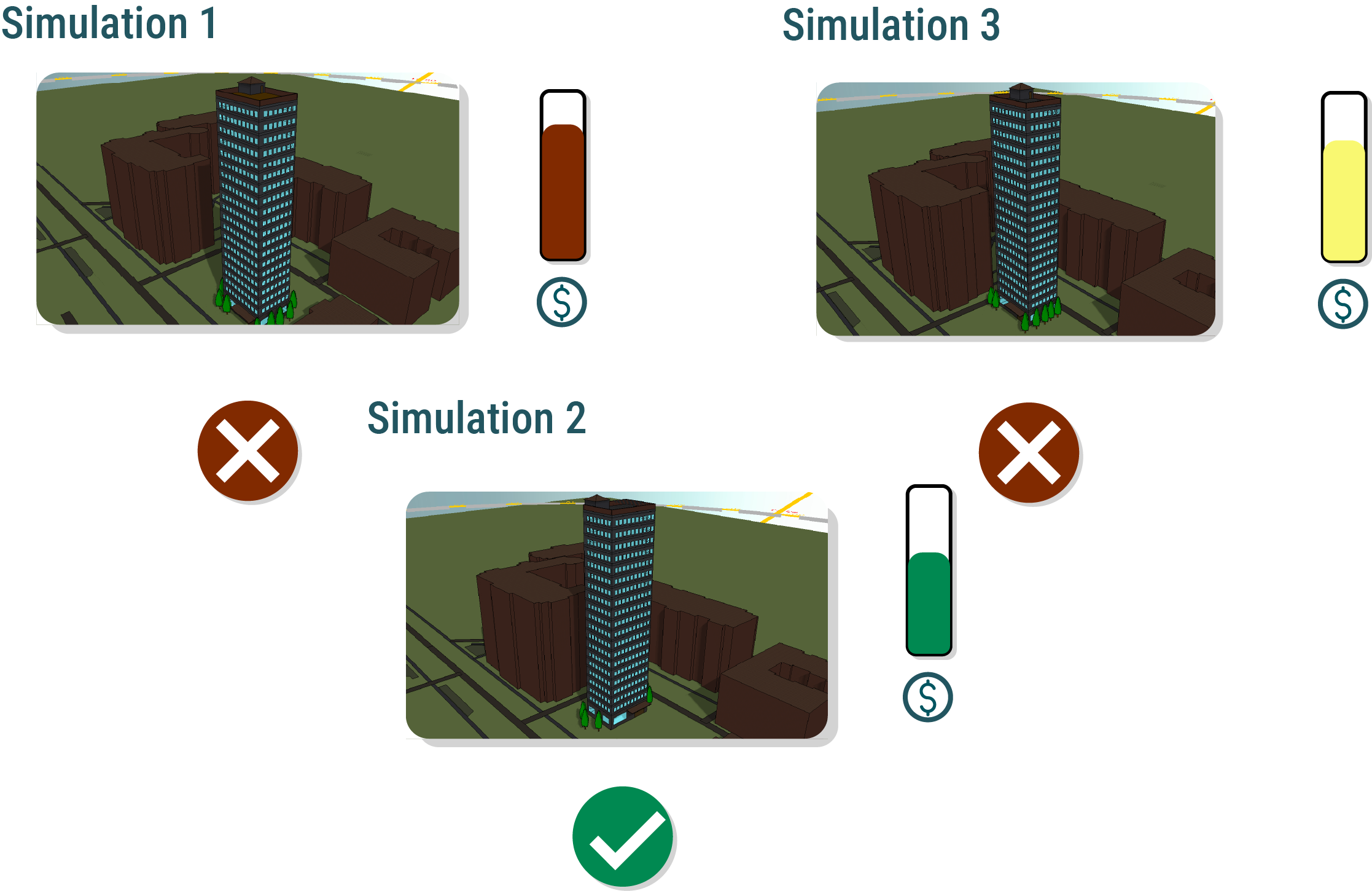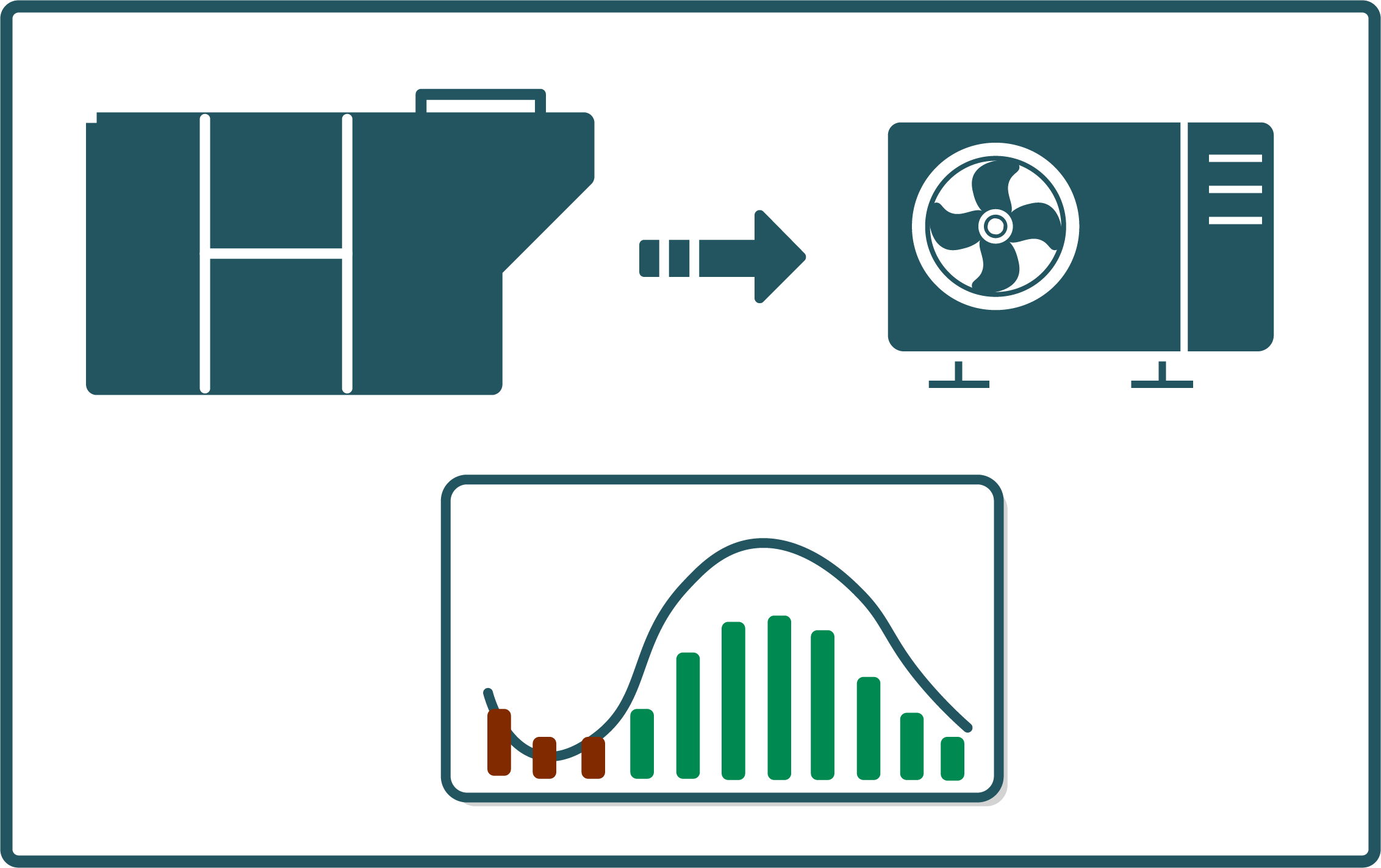Building Energy Modeling
Digital simulation of all building functions to accurately predict cost of capital upgrades and adherence to energy code
Highlights
- Analysis of the Most Efficient Architectural Designs
- Model Calibration from Onsite Measurements to Ensure Accuracy
- Controls Stratedgy Simulations
- Solar Shading Stradegies
- Natural Ventilation Simulation
- ASHRAE 90.1 and Local Energy Code Compliance
- Cogeneration Analysis
- Energy End Use Breakdown
- Air Stratification Simulation
- Mechanical Upgrade Energy Analysis
- Renewable Energy Analysis
Overview
As the construction industry continues to narrow it’s focus on carbon emissions the demand for expertly designed buildings continues to evolve. Operating expense is no longer an afterthought in the design process. Architects and engineers alike must take many factors into consideration to truly optimize a building’s potential. Orientation of the building, local shade, thermal mass, wind exposure, and so much more can completely change the operating costs. With proper design checks in place, engineers now have the ability to accurately predict real world outcomes of their decisions. Cascade’s energy modeling expertise can remove the unknowns from a design project and save owner’s millions. In addition to the potential to predict operations on a daily basis, IES’s Virtual Environment has numerous tools to ensure ASHRAE 90.1 and local energy code compliance with the push of a button.

Energy modeling is not only useful for new construction. It is precise tool for simulating upgrades and understanding the functionality of an existing building. Many engineering firms can offer a rough annual estimate of potential savings from an upgraded HVAC system. However, these estimates rarely take many important factors into account such as; peak loads, seasonal efficiency, changing utility rates, heat loads from adjacent zones, and more. Energy modeling software takes all of these factors into account to provide estimates that are more representative to the constant changing factors that building owners face. Some months will result in savings where other months may actually incur more costs. In a world where financial planning demands exact precision, these results can make or break an asset’s value to an owner.

Cascade Building Solutions chooses to utilize building energy modeling when estimating savings from building upgrades. With local building performance ordinances demanding specific efficiency targets, we believe our clients deserve the most precise results possible. Engineering rules of thumb are quick and will likely provide results within 85% accuracy but the last 15% can turn a project into a failure. Energy Modeling is typically reserved for AHSRAE level 3 audits when owners are seriously considering the replacement of expensive systems. Cascade has committed to including modeling in all ASHRAE level 2 audits to provide owners with the information they need before investing valuable resources into new investments. Contact us today to learn more about the valuable insights we can provide.
